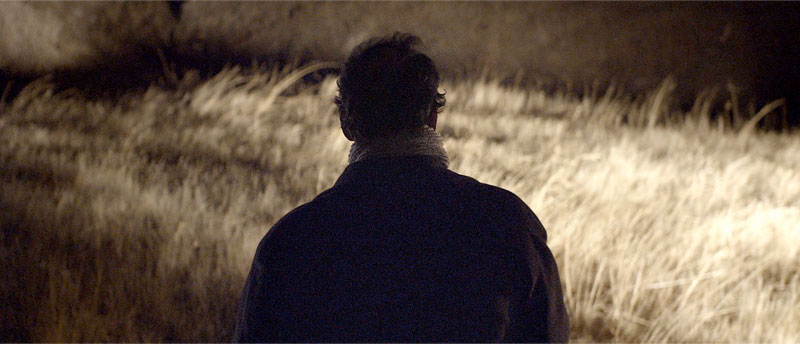Dir. by Nuri Bilge Ceylan
But one day, you may get a kick out of the stuff going on here. When you have a family, you’ll have a story to tell. Is that so bad? You can say, “Once upon a time in Anatolia, when I was working out in the sticks, I remember this one night which began like this.” You can tell it like a fairytale.
I skipped Once Upon a Time in Anatolia at TIFF last September because I’d lost faith in Ceylan. Climates and Three Monkeys are both fine films, but he seemed to be treading water after showing such promise in his earlier, lower-budget features. Now, I wonder if the two recent films were necessary stepping stones to Anatolia, which is, by a wide margin, his best work yet. That Anatolia is expertly shot and directed came as no surprise, but this film marks what I hope will be a permanent shift in his writing. Ceylan has always had a smart and curious authorial voice, but for the most part he’s been content to remain an observer of his characters, always at some remove, seemingly impartial (except, perhaps, when mocking himself in his more autobiographical work). With Anatolia, he’s found both a structure and the animating ideas to match his cinematographic style. I expected Ceylan to fill 150 minutes with stunning images; I didn’t expect him to deliver one of the finest scripts of the past decade.
Anatolia‘s final act takes place in and around a small village hospital, where the two main characters, a doctor and a prosecutor, await an autopsy of the man whose murder is ostensibly at the center of the film’s plot. As they talk, they’re interrupted by an elderly man who peeks through the door and then, realizing he’s in the wrong room, backs out again with some embarrassment. There’s something in that moment that encapsulates everything I so admire about this film. Before the intrusion, the doctor and prosecutor — and we should think of them by their titles like we think of the poets, professors, and scientists in Tarkovsky — had been discussing a fairytale-like story about a beautiful woman who predicted she would die soon after delivering her child and then proceeded to do just that. The elderly man is an audience for the prosecutor’s story and an emblem of old age. He’s a spot of local color and a startling burst of documentary reality into an otherwise stylized and formally precise fiction. He’s a kind of living lacuna in a film that is about the gap-filled stories we tell to make sense of our lives.
What most impresses me about the scene, though, is that it comes near the end of a 150-minute film. It’s a few more seconds of footage that could have been easily trimmed, and yet it feels essential. All of Once Upon a Time feels that way — like the work of an author in complete control of his craft.

Comments
One response to “Once Upon a Time in Anatolia (2012)”
[…] Long Pauses Review by Darren Hughes […]